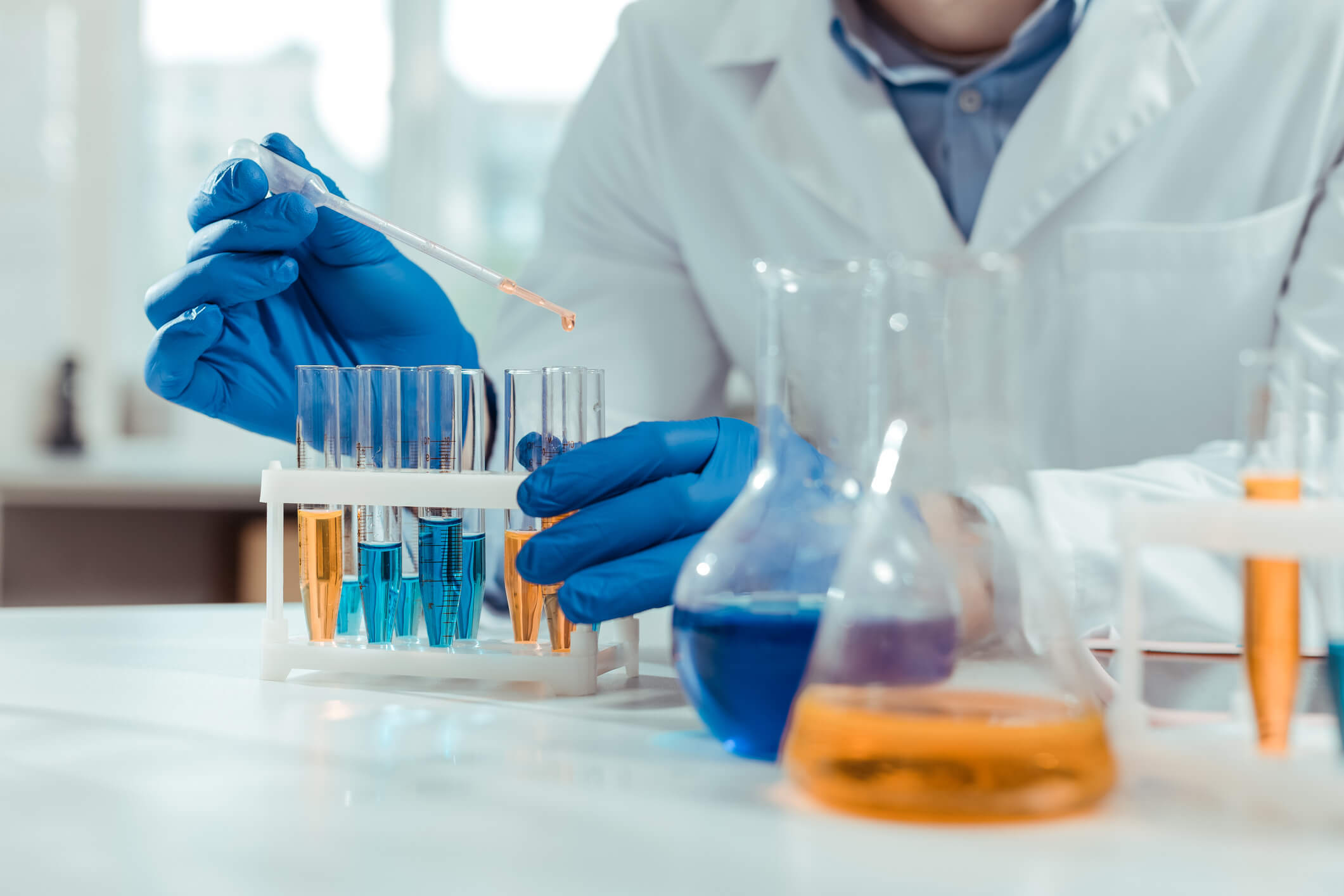Organic Chemistry 2
Overall Course Objectives
The goal is to give the participants a deeper insight into organic chemistry based on an understanding of organic reactions and their reaction mechanisms.
Learning Objectives
- Explain and predict reaction mechanisms in electrophilic addition to alkenes and alkynes.
- Explain and predict reaction mechanisms by nucleophilic aliphatic and aromatic substitution reactions, including reactions with diazonium salts.
- Explain and predict reaction mechanisms by elimination reactions, including transforming groups into good leaving groups.
- Explain and predict the stereochemistry in organic reactions which involve formation of new stereocenters or geometric isomers.
- Explain and predict results from rearrangement of carbocations and other reactive intermediates, including the Curtius rearrangement.
- Explain and predict nucleophilic addition to carbonyl groups including acyl groups. Imin- and enamin-formation. Wittig reactions. Aldol and Claisen reactions. Malonic and Acetoacetic ester synthesis.
- Explain and predict reaction mechanisms by conjugated addition reactions. Michael additions. Robinson Annulation.
- Be able to analyse and design a synthetic reaction sequence based on a retrosynthetic analysis of a target molecule, and to write the corresponding synthesis in a reaction scheme.
- Analyse halogenations which proceed by a radical mechanism.
- Use IR-tables for identification of simple functional groups.
- Analyse simple 1-H NMR spectra by means of chemical shifts and coupling patterns.
- Apply the concepts to more comlex molecules such as terpenes and steroids.
Course Content
In this course the organic chemistry from 26400, Organic Chemistry 1, is expanded with special emphasis on the following:
Design of multi-step syntheses based on retrosynthetic analysis.
Conformational analysis in acyclic and cyclic systems.
Synthesis and reactivity of alkenes – e.g. the Wittig reaction and hydroboration.
Nucleophilic aliphatic substitution, including stereochemistry, is expanded. Nucleophilic aromatic substitution and reactions with arenediazonium salts will be introduced.
Synthesis of carbon-carbon bonds using carbanion chemistry and conjugate addition.
Rearrangements of carbocations and other reactive intermediates.
Radicals as reactive intermediates.
Terpenes and steroids: Conformations and the isoprene rule.
Brief introduction to IR and 1-H NMR spectroscopy.
Recommended prerequisites
26400/26471
Teaching Method
1 module a week. Lectures and problem solving.



